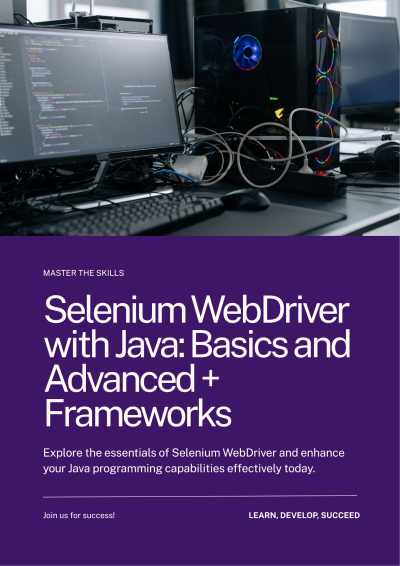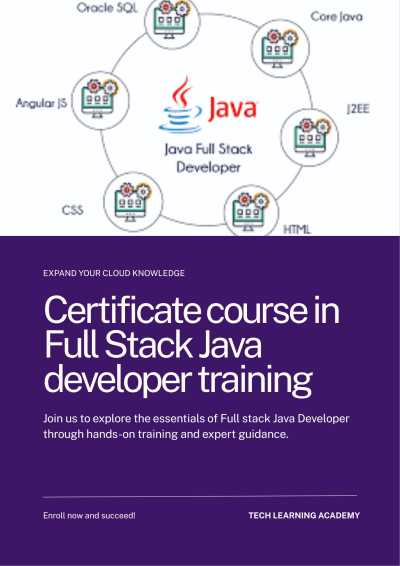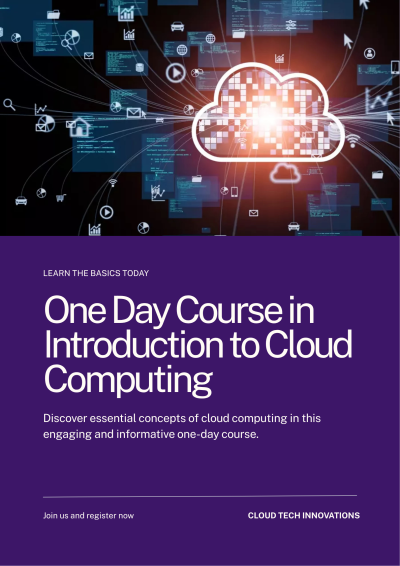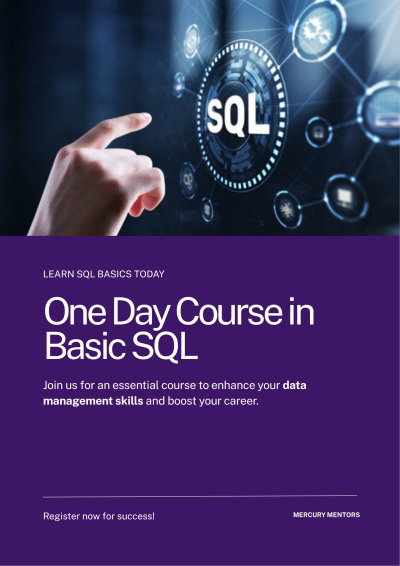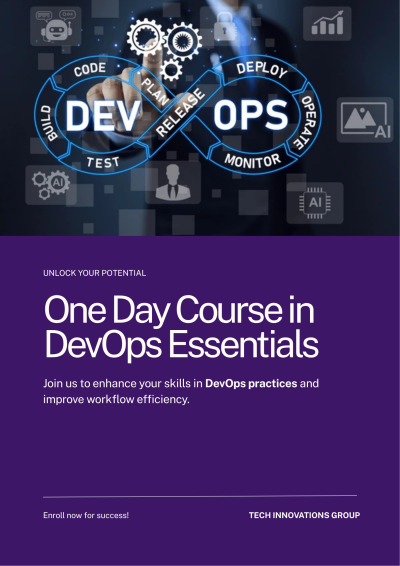Course description
Mercury Mentors is dedicated to helping students build their careers by offering affordable, high-quality courses designed to equip them with essential skills and knowledge. By providing access to expert instructors and a focused curriculum at a low cost, Mercury Mentors ensures that students can enhance their employability without financial burden. The platform fosters a supportive learning environment, enabling students to network with peers and industry professionals, gain practical insights, and develop competencies that are highly valued in the job market. This commitment to accessible education empowers students to take significant steps toward achieving their career goals.
Agile Methodology Overview
The Agile Methodology Overview course is designed to provide participants with a thorough understanding of Agile principles, practices, and frameworks used to manage and deliver projects efficiently. Agile has transformed how teams approach project management, enabling greater flexibility, faster delivery, and continuous improvement. Whether you're new to Agile or seeking to enhance your project management skills, this course offers a detailed introduction to the key components of Agile methodology and its real-world applications.
What You’ll Learn
1. Introduction to Agile Methodology
- Understand the origins and history of Agile, including the Agile Manifesto.
- Learn about the core principles that define Agile: customer collaboration, adaptive planning, iterative progress, and flexible response to change.
- Explore how Agile differs from traditional project management (Waterfall).
2. Agile Values and Principles
- Gain a deep understanding of the 12 Agile principles that guide project delivery and team dynamics.
- Learn how these principles promote communication, teamwork, and continuous improvement.
3. Agile Frameworks
- Explore popular Agile frameworks such as Scrum, Kanban, and Lean.
- Learn the differences between these frameworks and how to choose the right one for your team or project.
- Understand how Agile frameworks can be adapted to fit various industries and team sizes.
4. Scrum Framework
- Dive into the Scrum framework, including roles (Scrum Master, Product Owner, Development Team), ceremonies (Sprint Planning, Daily Standups, Sprint Review, Retrospective), and artifacts (Product Backlog, Sprint Backlog, Increment).
- Learn how to run efficient sprints, manage work in progress, and deliver product increments on time.
5. Kanban Framework
- Understand how Kanban is used to visualize workflows and improve process efficiency.
- Learn how to create a Kanban board, set work-in-progress (WIP) limits, and continuously optimize workflows for better results.
6. Agile Planning and Estimation
- Learn techniques for Agile project planning and estimation, including story points, user stories, and epics.
- Understand how Agile teams break down work into manageable tasks and estimate effort using relative sizing.
7. Collaborative Teamwork in Agile
- Understand the importance of cross-functional teams in Agile.
- Learn how to foster collaboration, transparency, and accountability among team members.
- Explore ways to improve communication and resolve conflicts within Agile teams.
8. Agile Project Lifecycle
- Learn how Agile projects progress from initial planning to delivery and beyond.
- Understand how iterative cycles (sprints) contribute to continuous improvement and faster time-to-market.
- Explore how feedback loops, stakeholder involvement, and retrospectives drive success in Agile projects.
9. Agile Tools and Techniques
- Introduction to common Agile tools like Jira, Trello, and Microsoft Azure DevOps.
- Learn how to use these tools for task tracking, backlog management, and sprint planning.
- Explore how digital tools can improve collaboration and transparency in distributed teams.
10. Challenges and Solutions in Agile Adoption
- Understand common challenges teams face when transitioning to Agile, such as resistance to change and balancing flexibility with structure.
- Learn strategies for overcoming these challenges and fostering a successful Agile culture within your organization.
Course Format:
This course combines interactive lectures, real-world case studies, and practical exercises to ensure that participants fully grasp Agile methodology and its application. Whether you're managing a software project or any other type of work that requires flexibility and adaptability, this course will provide you with the tools and knowledge needed to implement Agile practices effectively.
Who Should Attend?
- Project Managers Learn how to implement Agile methodologies for faster project delivery and improved outcomes.
- Team Leaders and Supervisors: Gain insights into managing teams using Agile frameworks to enhance collaboration and performance.
- Business Owners and Executives Understand how Agile can transform your business processes and help achieve better customer outcomes.
- Developers and Product Managers Ideal for those looking to adopt or improve Agile practices within their teams.
- Anyone New to Agile Perfect for beginners or professionals seeking to understand the fundamentals of Agile and how it can improve project workflows.
Benefits of the Course
- Increased Efficiency Learn how to streamline workflows and improve productivity through Agile frameworks.
- Enhanced Team Collaboration Gain tools and techniques for fostering a collaborative, transparent, and accountable team environment.
- Improved Project Flexibility: Understand how Agile allows teams to adapt to changes quickly without sacrificing project goals.
- Actionable Insights Practical knowledge and case studies that you can immediately apply in real-world projects.
- Professional Growth Build a strong foundation for further learning and certifications in Agile
Course Outcomes
By the end of the Agile Methodology Overview course, participants will have a deep understanding of Agile principles, practices, and frameworks, and will be able to confidently apply them to manage and deliver projects more effectively. Whether you're new to project management or looking to transition to an Agile approach, this course will equip you with the knowledge and skills necessary to succeed in an Agile environment.
Why Enroll?
Networking Opportunities: Connect with industry professionals and peers.
Resource Materials: Access exclusive readings and materials.
Certificate of Completion: Enhance your resume with a recognized credential.
Q&A Session: Engage directly with experienced practitioners.
FollowUp Support: Discover further learning and career opportunities in the field.
7. Get access 650+ HR's email ID's hiring







